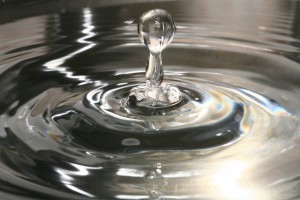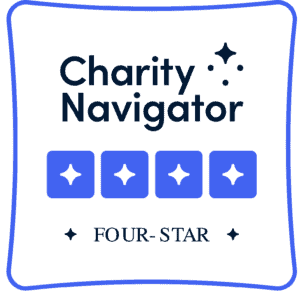
The United Nations has declared Saturday, March 22 World Water Day. It’s aim is to raise awareness about the connections between water and energy – two resources that are intimately connected but rarely talked about as a unit. The UN has its own global messages about how both water and energy supplies are limited while demand increases, how the world’s poorest billion people often lack access to clean water and reliable electricity, and how enhancing both water and energy efficiency is vital (you can read more about their messages here.)
But I thought I’d bring World Water Day down to a local level, and outline some of the ways water and energy are connected here in the Chesapeake Bay watershed:
- Fossil fuel emissions from coal-fired power plants and cars add to the nitrogen levels entering the Bay. Excess nitrogen is a major contributor to the Bay’s summer dead zone.
- Reductions in emissions from power plants and cars in recent decades due to Clean Air Act regulations have helped slow down nitrogen input into the Bay.
- Suburban sprawl is the major threat to continued improvements in Bay water quality in coming decades. Redesigning communities to reduce sprawl would also reduce the need for new roads and the amount of gasoline residents burn getting work, school and businesses.
- A healthy Bay with healthy fisheries provides local food for the millions of residents living in our region. Local food means less energy to transport meals from boat to plate.
- Hydraulic fracturing, or “fracking” for natural gas, has exploded in parts of the United States. Now, officials in George Washington National Forest in Virginia are considering whether to allow fracking to occur in the forest that surrounds the headwaters of the Potomac River, a move some fear threatens drinking water supplies.
Perhaps it’s no coincidence that World Water Day comes on the heels of the first day of spring. Both provide a great excuse to get outside, appreciate your local stream or river, and soak in those first warm rays of sunshine (the ultimate energy source). But really, given how utterly central water is to life – all life – isn’t every day world water day?

